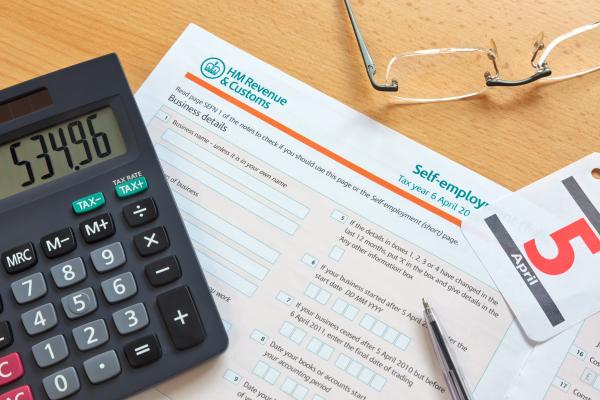
At the start of December, HMRC published their latest Agent Update, including a selection of ‘top tips’ for Self-Assessment, aimed at agents. Many agents will be familiar with the suggested approaches, but it may still be worth a run through to check if any could be helpful to you in the final push to the 31 January deadline for 2023/24 Self-Assessment returns.
Our top three, based on the problems we see members reporting to us, are:
Marriage allowance sequencing
Every year we receive reports from members about problems with returns which contain marriage allowance claims. A good number of returns end up being processed manually, when they should flow automatically through HMRC’s systems. This manual intervention can significantly delay both the finalisation of an individual’s affairs and the issue of any repayments that might be due.
HMRC are reminding agents that when both spouses/civil partners are in Self-Assessment and wish to claim the transferrable marriage allowance, they advise submitting the transferor's tax return 72 hours before filing the recipient’s return.
More details about the issue – and how to approach the position when only one party to the transfer is in Self-Assessment - can be found in our article on Marriage Allowance claims.
Registering and reactivating Self-Assessment accounts
When dealing with a client who has been in Self-Assessment previously, has not filed returns for a year or more but now needs to file a return again, it can be very tempting just to use the existing UTR to submit a return – especially with just a few weeks to go until the filing deadline.
However, this will be classed as a ‘voluntary’ return, which can cause a number of problems and is worth avoiding. One of the key problems is that if the return includes a repayment claim, that claim will be delayed if HMRC is not expecting the return. Where the individual has restarted self-employment, we suspect (but have yet to prove) that failing to re-register properly could also be causing problems such as the inappropriate issue of P800 or Simple Assessments.
HMRC therefore recommends that agents reactivate Self-Assessment accounts before filing for a client. Taxpayers without an agent can reactivate their Self-Assessment record by requesting a tax return via their Personal Tax Account, or using the HMRC App.
Submitting a tax return as an amendment
Another tip from HMRC concerns the importance of agents filing returns through their software as original returns, and not amendments. While this might sound an odd reminder to make, HMRC say that they receive a high number of tax returns submitted using third party software which are flagged as an amended return but where they have not yet received the original tax return.
This results in delays because these tax returns cannot be processed automatically. HMRC are therefore asking agents to make sure they are submitting an original return (marked in the software as the original) before they attempt any amendments.
Tax Agents Handbook
Finally, HMRC have also launched a new handbook on GOV.UK which is intended to help tax agents find guidance relevant to them all in one place. The Tax Agents Handbook includes details about registering as an agent, client authorisations and how to transact with HMRC.
HMRC would appreciate hearing from agents whether or not this new handbook is helpful, and you can complete a short survey to share your views.
This article reflects the position at the date of publication shown above. If you are reading this at a later date you are advised to check that that position has not changed in the time since.
We regularly publish articles on a range of tax and wider topical issues which affect employers. If you wish to subscribe to our monthly Employer Focus e-newsletter, please contact us.















